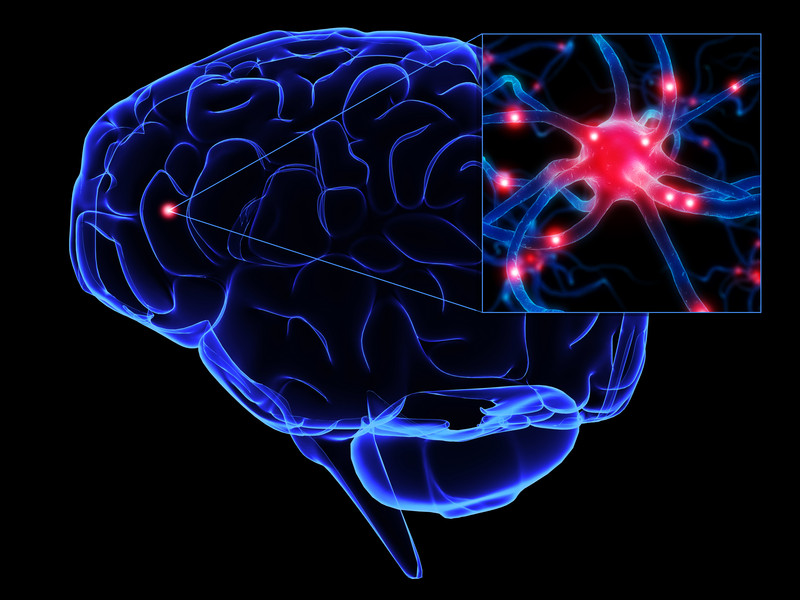
For the millions of people who suffer from chronic pain around the country, many of them already know that pain alters your emotional state. They can identify that suffering from the ongoing pain has led them to feel sad, irritable, and possibly experience a roller coaster ride of emotions. Now, there’s new research that suggests that it may actually be the chronic pain itself causing this, because it is essentially rewiring the brain for emotions.
In the December 2015 issue of the journal Nature Neuroscience, researchers at Northwestern University share the results of a study they did to learn more about how chronic pain rewires the brain for emotions. Their goal was to be learn more about how this happens, so they could use that information to identify an effective corrective therapy (1).
What the researchers found in their study was that living with chronic pain rewires the brain, especially when it comes to whether or not we feel sad, happy, or experience other emotions. They believe that our brains end up getting addicted to pain, and our neurons that are responsible for negative emotions become extra excitable. This is a good explanation as to why those who are living with the pain come across as mad, moody, or sad.
In an effort to try to correct this problem, the researchers used a combination of drugs for the therapy. They included L-dopa, which is a Parkinson’s drug, as well as an anti-inflammatory drug. However, they report that for this drug therapy to help, it needs to be administered right after an injury has taken place that could lead to chronic pain.
This study comes just months after researchers at the University of Manchester in the United Kingdom reported similar results from their study. They found that chronic pain can change the brain, and some of these changes actually help the person suffering from it to become more resilient to it (2). In other words, pain may change the brain in adaptive ways and at the same time in ways that trigger non-adaptive emotions. Further research may teach us how to build on the adaptive changes.
The more we learn about what chronic pain does to the brain, the better we are able to help find therapies that can help bring relief to people. If you have seen someone who suffers from chronic pain have a change in their emotional state, this information helps you move one step closer to understanding why it may be happening.
Sources:
- Nature Neuroscience. The indirect pathway of the nucleus accumbens shell amplifies neuropathic pain. <http://www.nature.com/neuro/journal/vaop/ncurrent/full/nn.4199.html>
- Pain News Network. Researchers Say Chronic Pain Changes Brain Chemistry. <http://www.painnewsnetwork.org/stories/2015/10/22/chronic-pain-changes-pain-chemistry>







